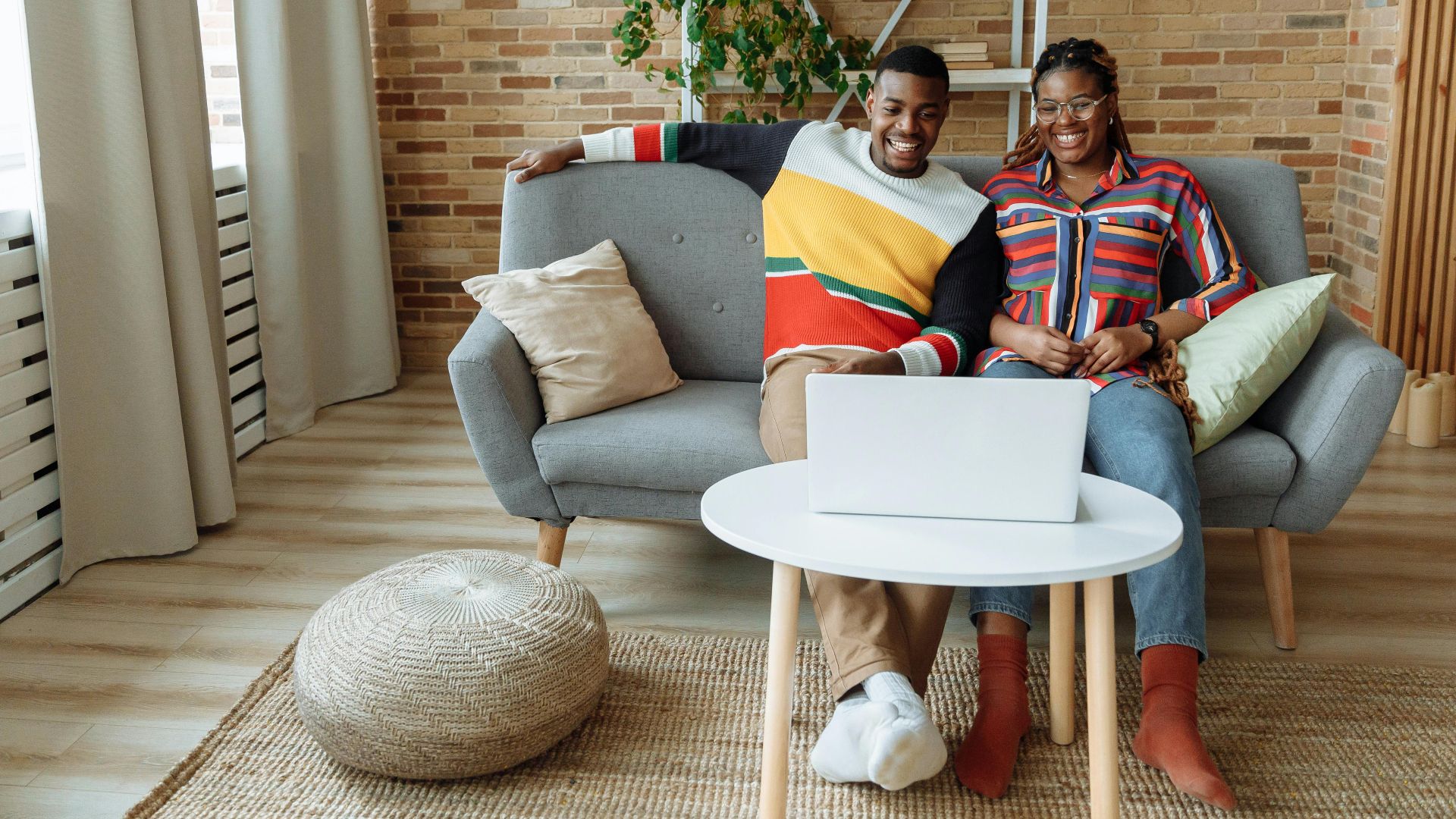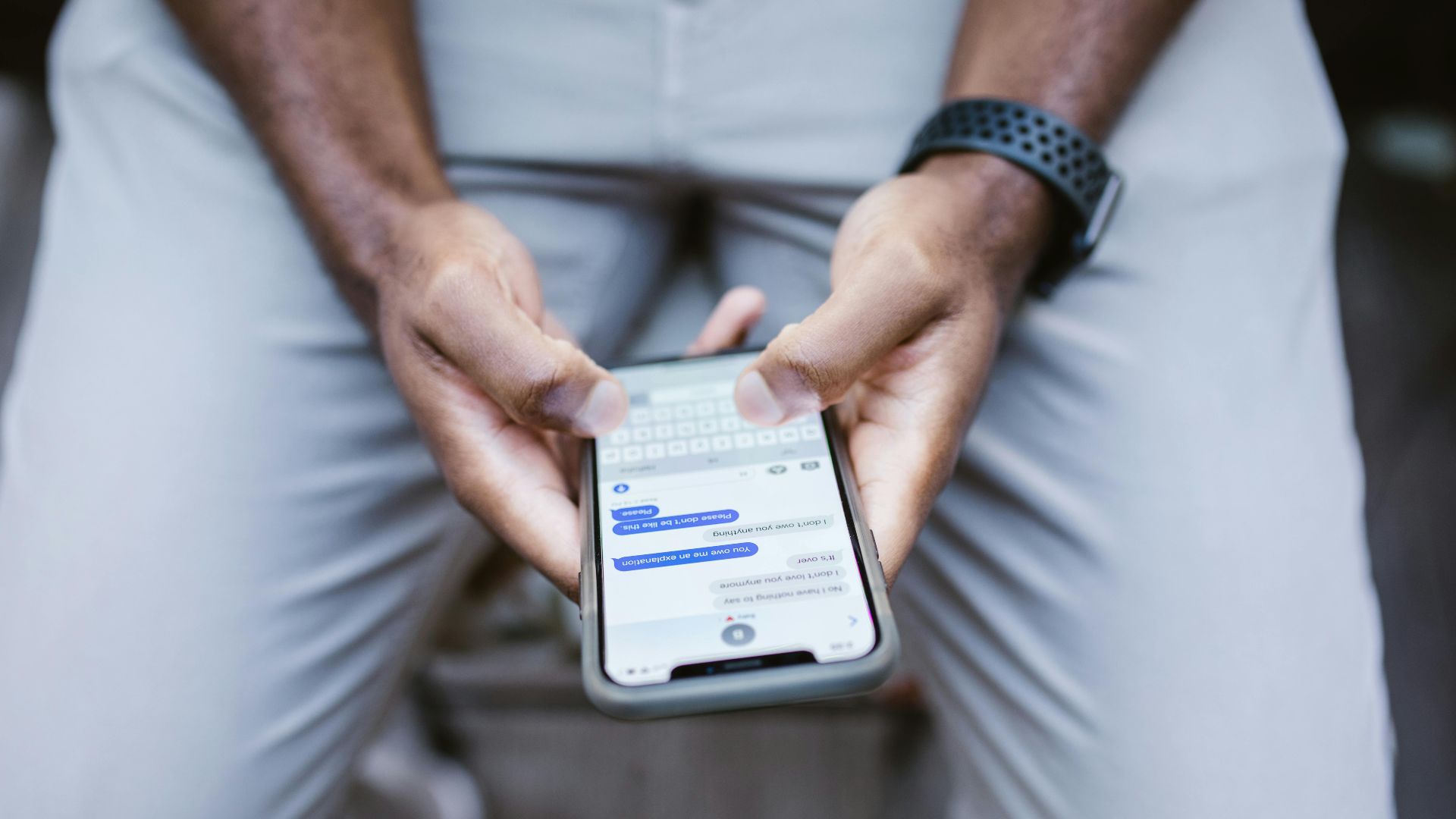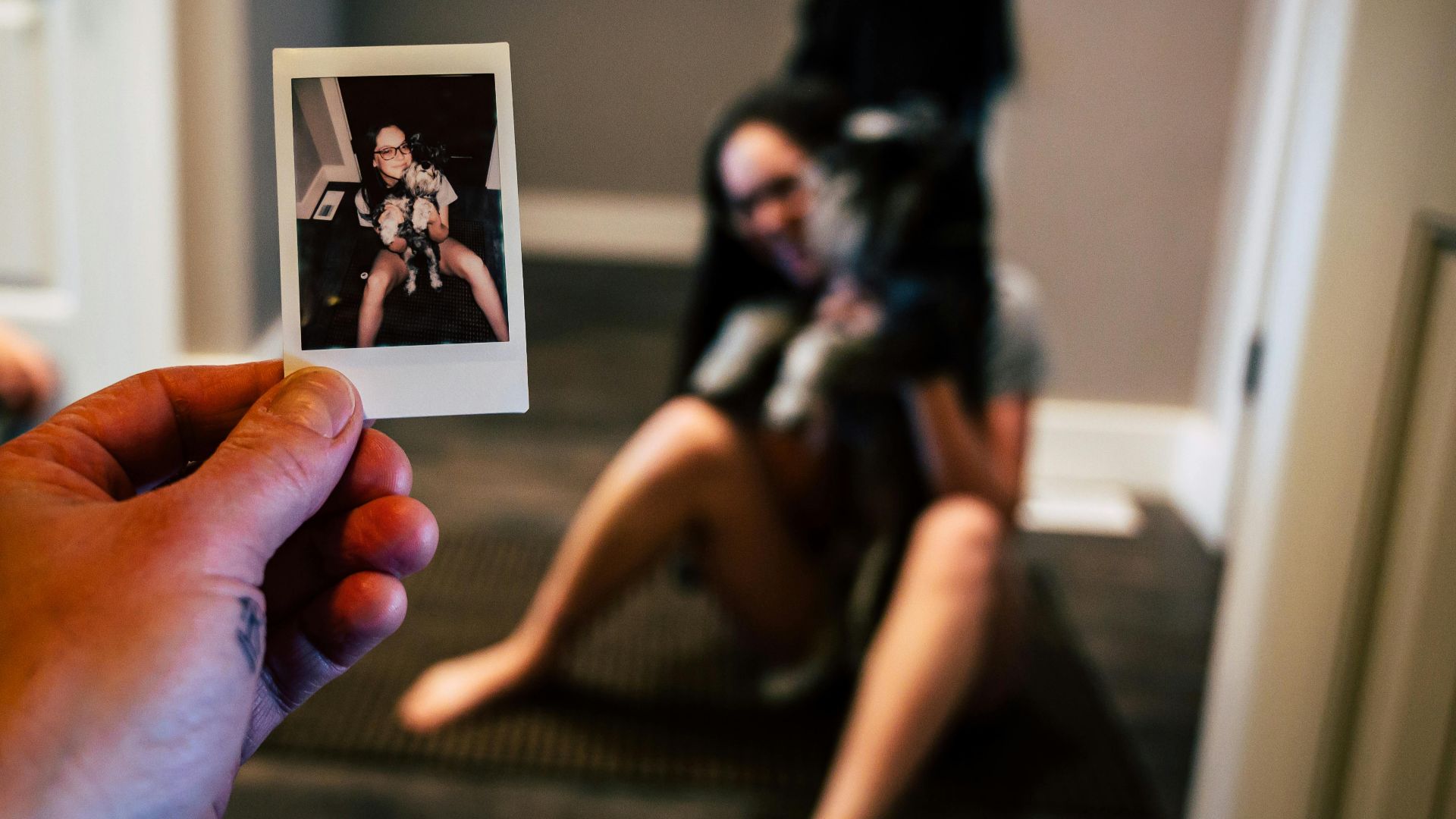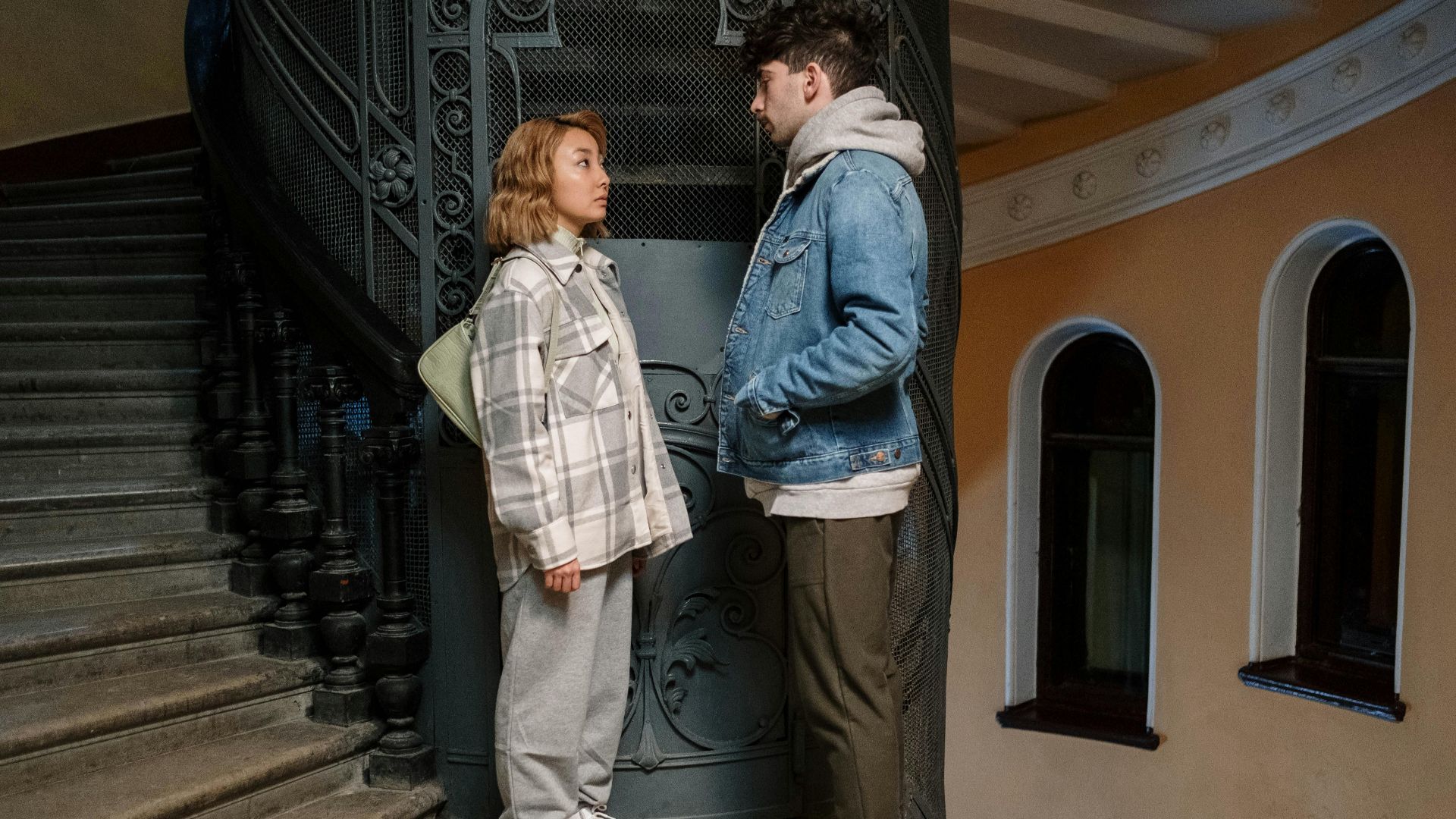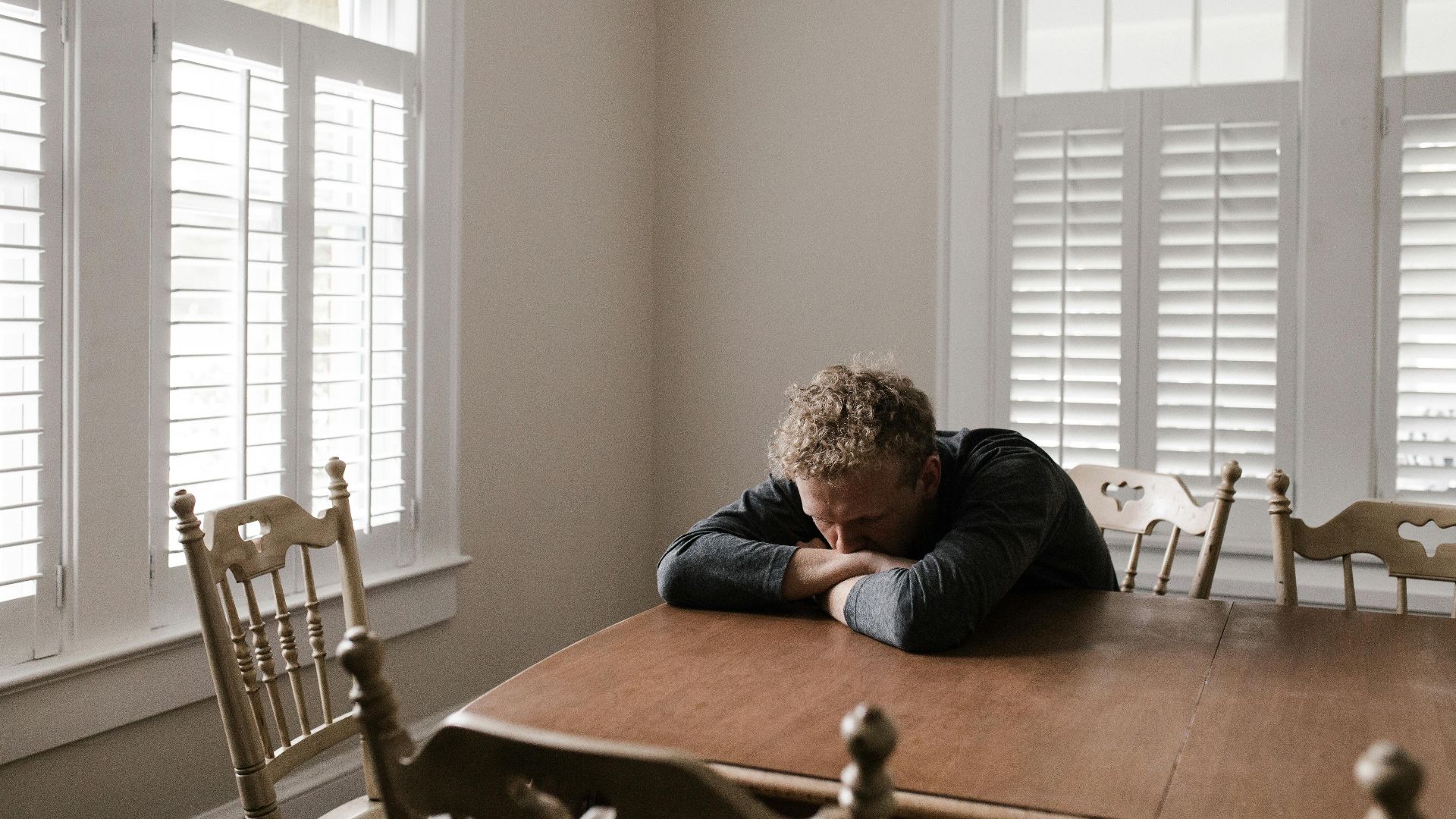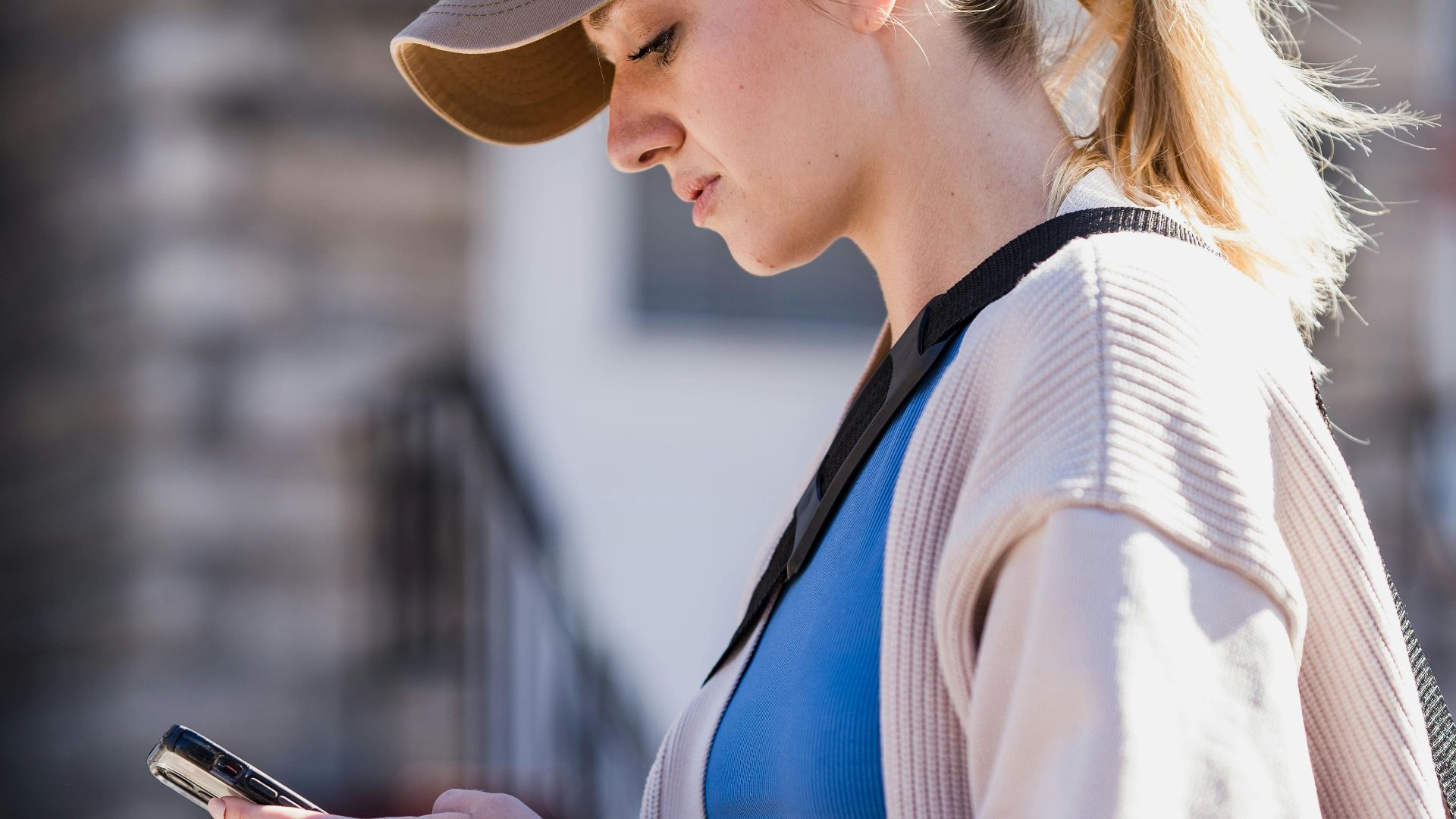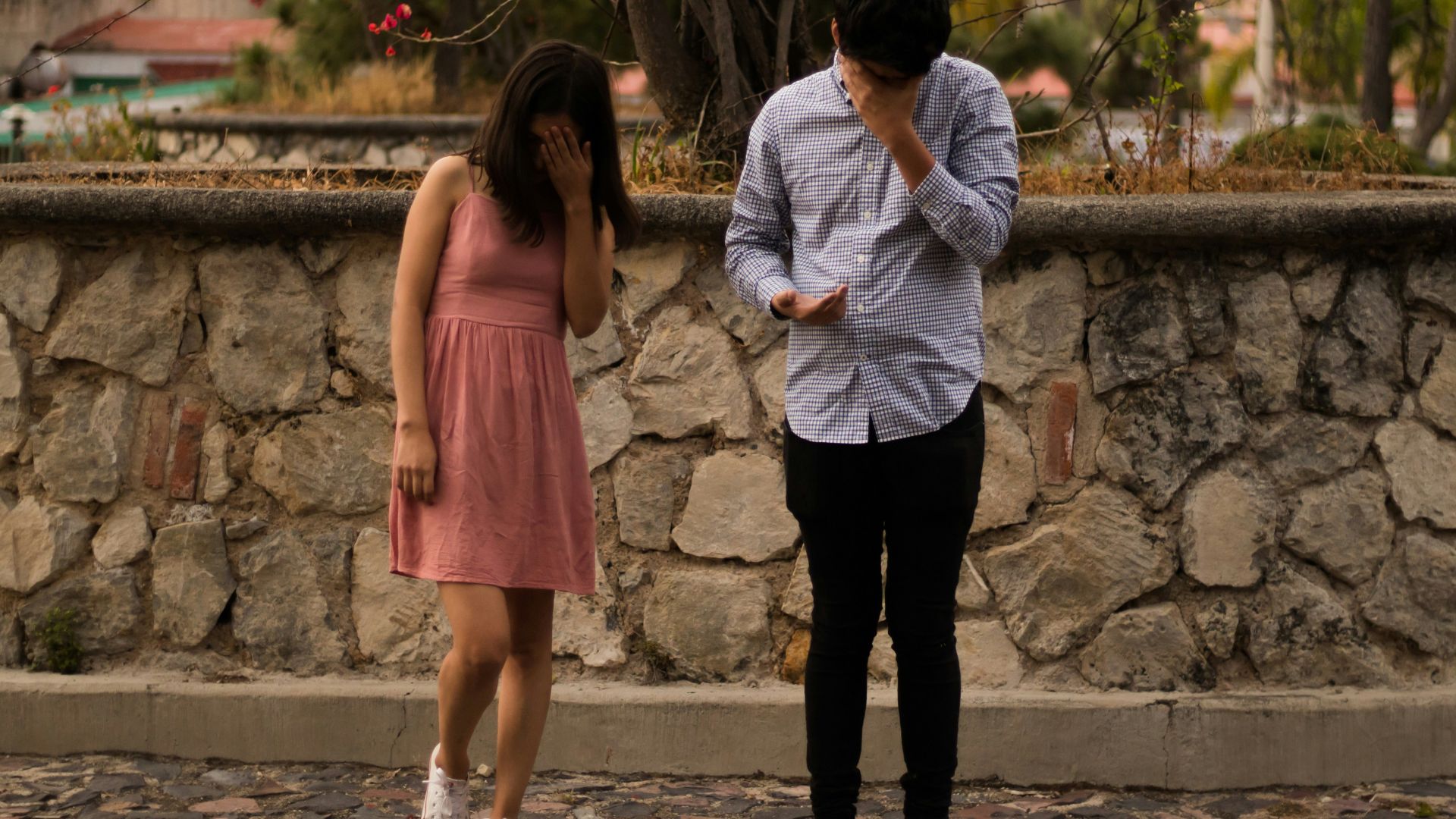Figuring Out The Post-Breakup Vibe
Some people say cutting ties is best, while others swear that staying close works. The truth sits somewhere in between. Breakups don't follow scripts, and emotional instincts often clash with common advice. If you're questioning what to do with that post-relationship bond, we'll break down both roads, starting with reasons to remain friends.
1. Emotional Attachment Can Mature Into Platonic Bonding
Grow emotionally instead of walking away entirely. If romantic sparks dim but genuine care remains, your connection can shift into a platonic form. Think of it like remodeling a house—same foundation, different purpose. Emotional intelligence helps both of you rewrite the story.
2. Affection Without Possession Fosters Healthy Connection
Love doesn't always end—it often transforms. Releasing control while holding onto respect creates space for healthy, enduring affection. Many former partners thrive as close friends, unchained from jealousy or obligation. That freedom may aid a strong friendship.
3. Loyalty Doesn't Need Romance To Persist
Loyalty sticks, especially when built through years of vulnerability and shared growth. Just because the romance fades doesn't mean commitment to one another's well-being has to. Ask yourself who else really knows your quirks like they do.
4. Shared Growth Can Deepen Mutual Respect
Evolving together through milestones or reinvention can forge lasting admiration. Two artists who collaborated once may no longer create together, but respect remains. If your ex helped shape who you are, that deserves more than a clean slate.
5. Familiarity Encourages Emotional Safety
Knowing someone who already knows your scars is powerful. Emotional safety doesn't need romance to survive. For many, that comfort creates a haven, especially during transitions. When you've been seen and still accepted, it becomes easier to lower your guard and speak honestly.
6. Letting Go Of Resentment Supports Inner Peace
Drop the grudge—it’s heavier than it seems. Carrying bitterness blocks joy, but choosing friendship after a breakup often dissolves that weight. As you clear emotional clutter, the resulting clean mental space makes room for personal peace and healthier relationships.
7. Reframing The Relationship Can Reduce Emotional Trauma
Shift the lens but don't delete the photo. When you reframe a breakup as a transformation instead of a failure, you loosen the grip of regret. This mental flip lowers emotional distress. It's like updating a story's genre: from romance to meaningful friendship.
8. Emotional Versatility Promotes Long-Term Connection
Being emotionally adaptable keeps bonds alive through life's curveballs. If both of you can recalibrate your connection post-breakup, you're already doing advanced-level intimacy. A flexible heart doesn't break easily but learns how to shift and stay open to love differently.
9. Friendship Validates The Value Of The Past
Every relationship leaves a mark. Choosing to remain friends acknowledges that it matters without pretending it still fits romantically. This is about honoring what shaped you. Like keeping a favorite book after finishing it, some chapters deserve space on your shelf.
10. Compassion Can Replace Romantic Attachment
Lead with kindness instead of clinging. When your emotional tether softens, compassion can fill the space left by passion. You can still root for each other. That quiet, selfless care may not scream romance, but it often whispers the purest form of love.
But not every connection deserves a second life. Some ties do more harm than good. Here are some reasons to call it.
1. Continued Contact Prolongs Emotional Attachment
Stop feeding the bond if you're trying to starve the feelings. Staying in touch reactivates emotional memory. Each message becomes a breadcrumb trail back to what hurts. Cut the cord cleanly. Emotional healing doesn't begin until you step off the merry-go-round.
2. Nostalgia Distorts Reality And Prevents Growth
Memory can be a trickster. You'll remember the laughter and forget the silence. Nostalgia paints over the red flags. If your mind romanticizes the past, it blocks the progress your heart needs. Growth demands truth, not a reel of illusions.
3. Emotional Dependence Limits Self-Development
Relying on an ex for comfort keeps you from building inner stability. You're stuck in a pattern if every problem leads back to their inbox. Break the loop, build your base, and learn to carry yourself without emotional training wheels.
4. Romantic Residue Fuels Mixed Signals
Old flames flicker even in friendship form, and lingering chemistry confuses intentions. A kind gesture can be misread and a check-in misinterpreted. That murky middle breeds tension, not trust.
5. Subconscious Competition Undermines New Relationships
Jealousy can whisper through comparison. When your ex lingers in your life, even platonically, it creates emotional interference in new relationships. You may start measuring your partner unfairly. Let go so new connections can grow freely.
6. Boundary Erosion Leads To Emotional Burnout
Boundaries fade fast when old emotions resurface. A casual chat turns deep, and a favor feels obligatory. Before long, you're drained. Emotional burnout often starts when blurred lines go unchecked. Protect your peace by defining your edges and defending them.
7. Resentment Lingers Beneath Politeness
Polite texts and friendly gestures often mask unresolved anger. You might smile during lunch, but the emotional invoice stacks silently. Eventually, it can go sideways. Distance isn't rude but responsible when civility becomes a disguise for suppressed hurt.
8. Manipulation Can Be Masked As Concern
"Just checking in" might sound sweet—until it's every day. Emotional manipulation can hide behind soft language. Ask yourself if their check-ins soothe or confuse you. If it's the latter, their "kindness" might actually be a form of control.
9. Guilt-Based Friendships Deplete Self-Worth
Feeling obligated to stay friends out of guilt chips away at confidence. When you stay connected because "you owe them," the dynamic becomes imbalanced. True friendship isn't born from pressure but from choice. You don't need to force friendship to prove anything.
10. Past Patterns May Be Reinforced In New Dynamics
Staying friends may feel evolved, but if you keep slipping into past roles—pleaser, fixer, avoider—you're not growing, just looping. Relationships don't reset with a label change. Heal in separation before testing your emotional choreography again.









